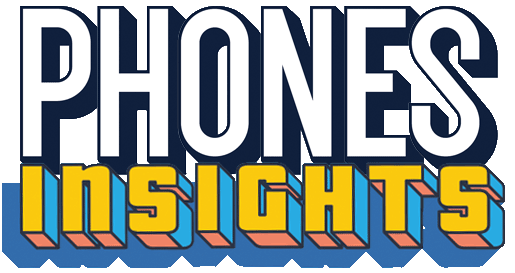What you should know
- World Sleep Day is celebrated the Friday before the spring equinox in the Northern Hemisphere to highlight the importance of good sleep and the impact of sleep problems on various aspects of life.
- Samsung‘s analysis of 716 million nights of sleep data reveals a significant increase in interest in personal sleep health, but a decline in sleep quality, despite the growing use of sleep tracking technology.
- Experts at a panel discussion emphasized the critical role of sleep in health and the potential of AI and technology, such as smart rings and watches, to significantly improve sleep quality and overall well-being.
- The importance of leveraging AI through devices like smartphones and wearables was discussed, with the aim of providing personalized health insights and improving sleep patterns through the Samsung Health App and other technological innovations.
Full Story
Ah, World Sleep Day. It lands on the Friday before the spring equinox up here in the Northern Hemisphere. A day when the World Sleep Society shines a light on the joys of catching those Zs properly. And, oh boy, do they also dive into the nitty-gritty of sleep troubles. The medical woes, the educational snags, and the social hiccups. This year? Mark your calendars for March 15.
So, Samsung’s got a bone to pick with sleep—or rather, a solution. With the Galaxy Ring hitting the shelves, they’re promising a boost in sleep quality. And not just a tiny boost. We’re talking a life-quality overhaul. It seems like everyone’s suddenly obsessed with tracking their sleep. Yet, paradoxically, our collective shut-eye quality is on a nosedive. Last fall, Samsung had a peek at a whopping 716 million nights’ worth of sleep data. All from folks using Samsung Health and Galaxy Watches across the globe. Their takeaway? While we’re all gung-ho about sleep health, the actual sleep we’re getting is kinda… meh.
“The world is facing a sleep dilemma,” Samsung points out. And the data backs it up, spanning from June 2021 to May 2023. There’s been a 182% spike in sleep-tracking enthusiasts. But here’s the kicker: sleep efficiency and quality are tanking. For everyone. Everywhere. Samsung’s been playing the comparison game, looking at data from two chunks of time: June 2021-May 2022 and June 2022-May 2023.
Cut to a panel discussion titled “How Technology Can Revolutionize the Age-Old Sleep Dilemma.” The lineup? A mix of brainiacs and tech wizards. Dr. Hon Pak from Samsung, sleep scientist Vanessa Hill, and John Lopos from the National Sleep Foundation. Carolina Milanesi played host. They all nodded in agreement: sleep is crucial. It touches everything from our daily mojo to our snack choices and headspace. But, it’s slipping through the cracks, with global sleep quality on a slippery slope.
Yet, there’s a glimmer of hope. AI and tech, like smart rings (nudge, nudge – the Galaxy Ring) and watches, could be our sleep saviors. Hill was all about putting sleep on a pedestal, right up there with hitting the gym and munching on kale. Wearables, she says, are our ticket to dreamland. As AI continues to elbow its way into every tech corner, these smart gadgets and their insights could be game-changers. Helping us all snooze a bit sounder.
Pak chimed in, touting smartphones as the VIP pass to AI’s sleep-enhancing magic. Samsung’s mission? To dish out personalized health insights via the Samsung Health App. This app’s not messing around. It’s crunching numbers and tailoring health experiences like a pro. Lopos threw in his two cents about the power of cold, hard data from wearables. Sleep’s a tricky beast, subjective and elusive. But, with AI’s help, we’re inching closer to understanding it. “Sleep tracking’s the new frontier,” he said. And with AI, we’re not just tracking; we’re personalizing, tweaking, and, hopefully, improving.

